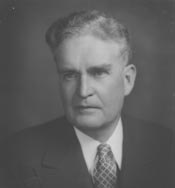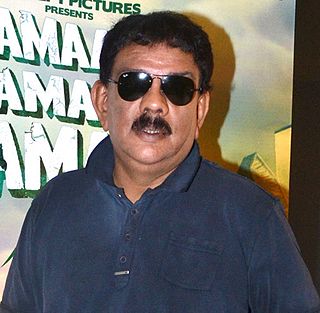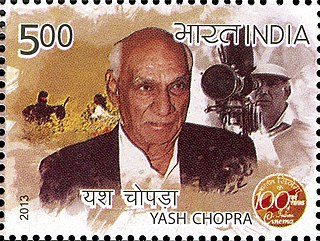A Quote by Paul Schrader
I still think like a critic, and I still analyze films like a critic. However, it's not possible to write criticism if you're making films.
Related Quotes
Making movies in France is different, but it's still acting, you know. You still have doubts and you're scared, always, but I really love doing films in America, because I love to speak English. But I think there's something very entertaining about American films. But I also like the intimacy of French films.
Films have been my only passion in life. I have always been proud of making films and will continue taking pride in all my films. I have never made a movie I have not believed in. However, though I love all my films, one tends to get attached to films that do well. But I do not have any regrets about making films that did not really do well at the box office.
Nowadays, a critic has to watch 700, 800 films a year, and I know through experience, being a juror in prestigious film festivals where supposedly the best films are arriving, from twenty films maybe you see two that are good, one that is so-so, and one that is extraordinary. And the other sixteen are terrible.
There's a thing I really mind hearing, when someone says: "That's not my kind of film, I don't want to go and see that..." I don't believe that, I don't believe that it's possible to write off a whole genre of filmmaking - "oh I don't like subtitled films", or "I don't like black and white films", or I don't like films made before or after, a certain date" - I don't believe that.
Criticism on my works is like this: you've worked hard all of your life, you went to Oxford, and you've done this and that, and you're an art critic. Your job is to unravel the "secret" or whatever, and you come across an entity like me. It's going to piss you off. Because there's no great secret, what you see is what you get, and anyone can understand what I'm doing. So, it's almost like I make this critic-person redundant, just by my attitude, and they resent me for that.
I was the first critic ever to win a Tony - for co-authoring 'Elaine Stritch at Liberty.' Criticism is a life without risk; the critic is risking his opinion, the maker is risking his life. It's a humbling thought but important for the critic to keep it in mind - a thought he can only know if he's made something himself.





































